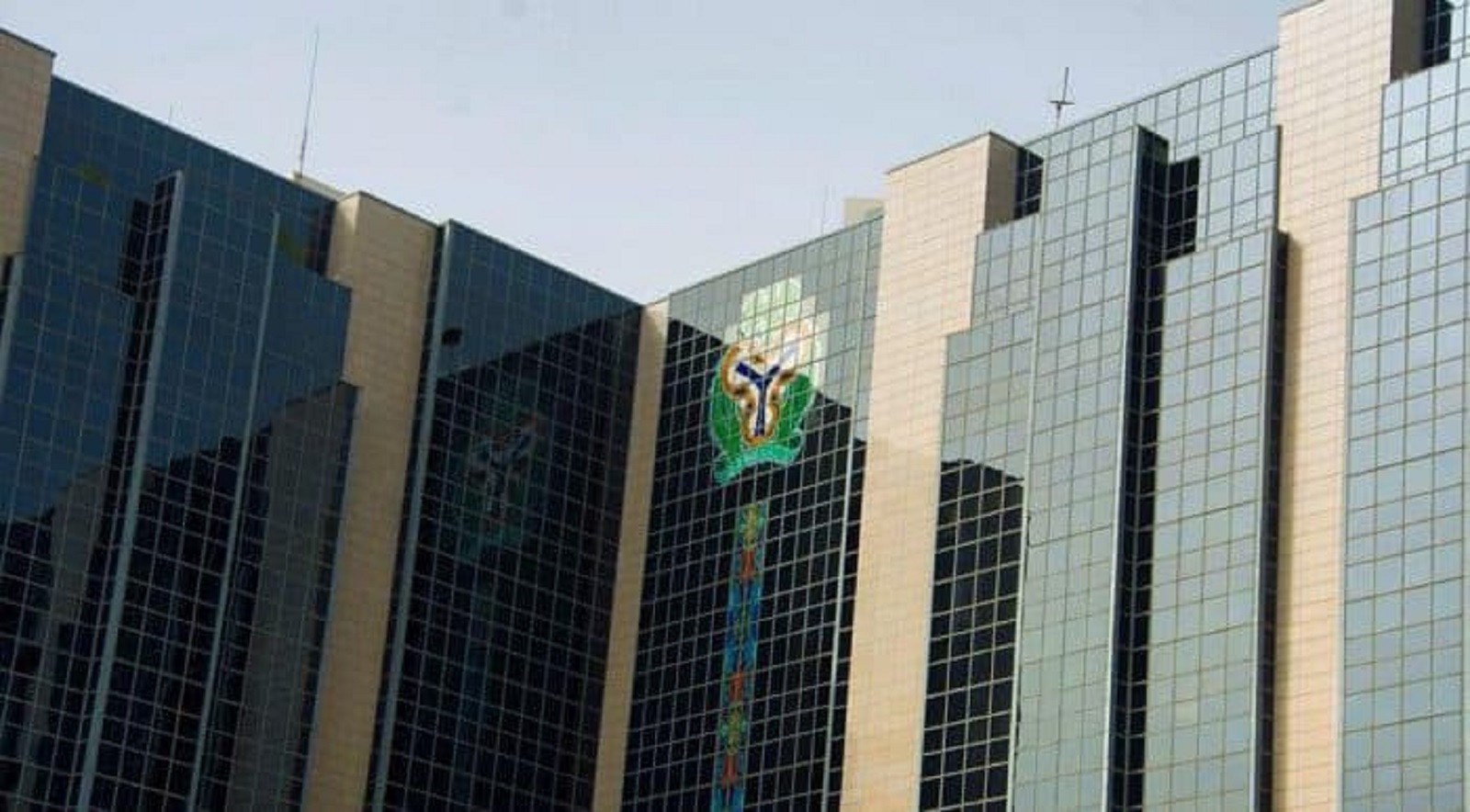CBN has ordered Nigerian Banks to lift restrictions on accounts of Crypto and Bet, among other firms.
Newsonline Nigeria reports that the post-no-debit restriction placed on accounts belonging to crypto exchange, Yellow Card Financial, Fintech firm, Rise Vest Technologies Limited and over 400 companies will be vacated, according to the Central Bank of Nigeria (CBN).
The CBN said a total of 440 individuals and companies, which comprises cryptocurrency, fintech and Bureau De Change companies, that have their accounts restricted will be given access by their respective banks.
Aside from Yellow Card Financial and Rise Vest Technologies Limited, other companies listed are Bamboo Systems Technology Limited, Trove Technologies Limited, Chaka Technologies Limited, Nairabet International, and Odis Global Links Limited, amongst others.
This was disclosed in a circular dated 25 July 2023, and signed by the financial regulator’s Director of Banking Supervision, A.M. Barau.
In the circular, CBN didn’t give reasons for the order to unfreeze their accounts but ordered banks to lift the restriction, “You are hereby directed to vacate the Post-No-Debit restriction placed on the accounts of the under-listed bank customers at our instance.
“You are also required to inform the concerned customers of the vacation accordingly,” CBN wrote in the circular.
This directive comes almost two years after the CBN approached the court to obtain an order to freeze the accounts of the cryptocurrency and fintech companies, as well as the Bureau De Change operators.
CBN stated in August 2021 that the affected individuals and companies are being investigated for their role in serious infractions involving foreign exchange activities.
Explaining the reason for requesting the order to freeze their accounts, CBN told the court that: “the investigation being carried out concerns what has been discovered to be serious infractions by the defendants/respondents in connection with some foreign exchange transactions and non-documentation by the defendants/respondents in violation of the extant laws and regulations, particularly the Foreign Exchange (Monitoring and Miscellaneous Provisions) Act and the Central Bank of Nigeria foreign exchange manual.”














